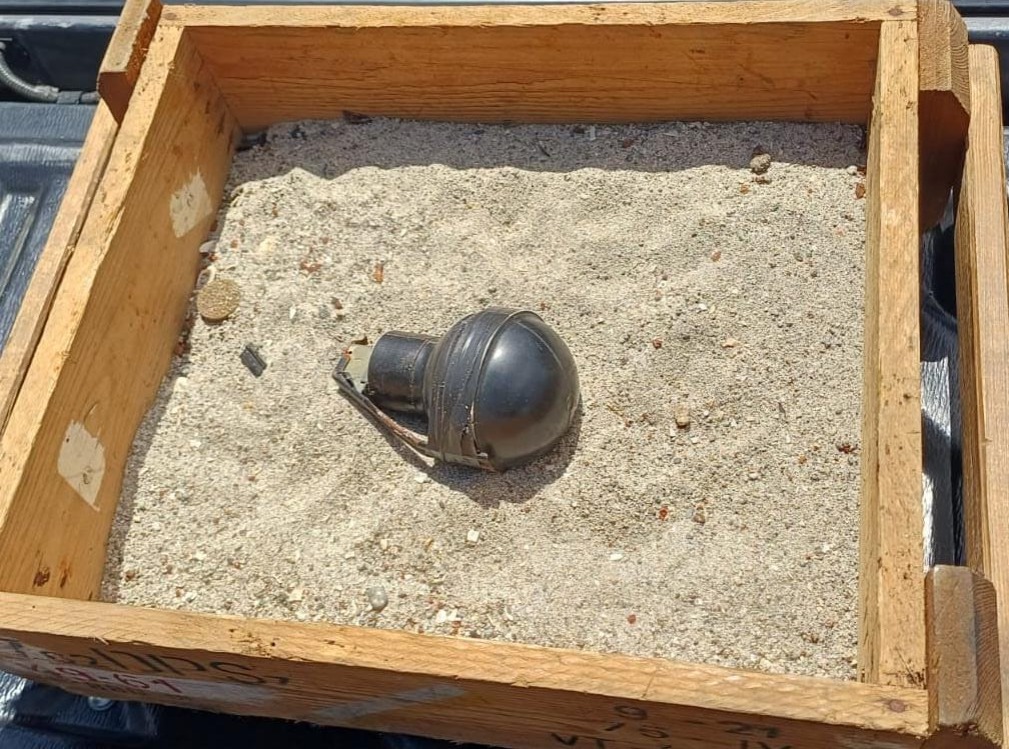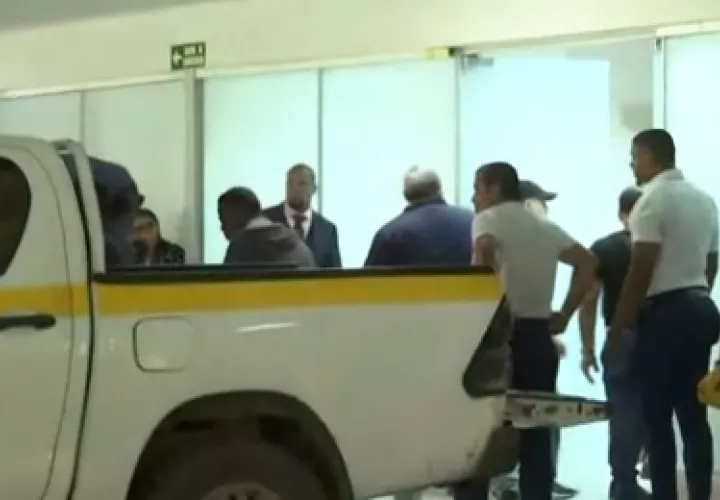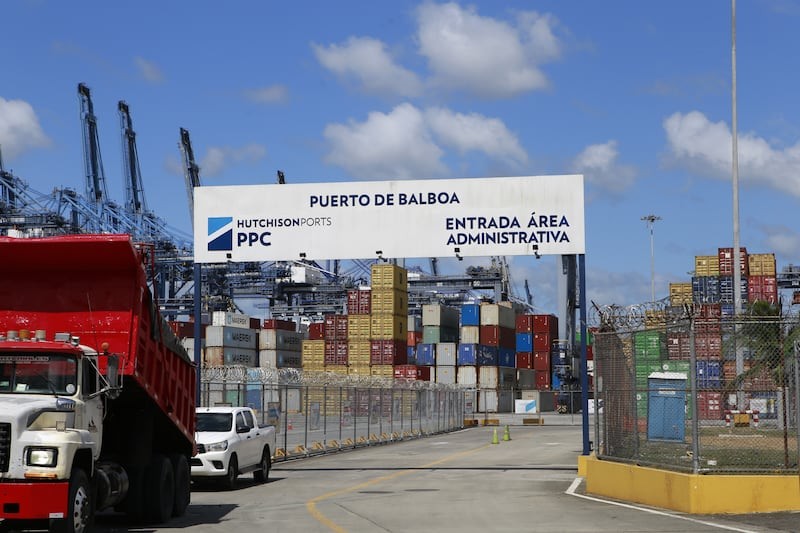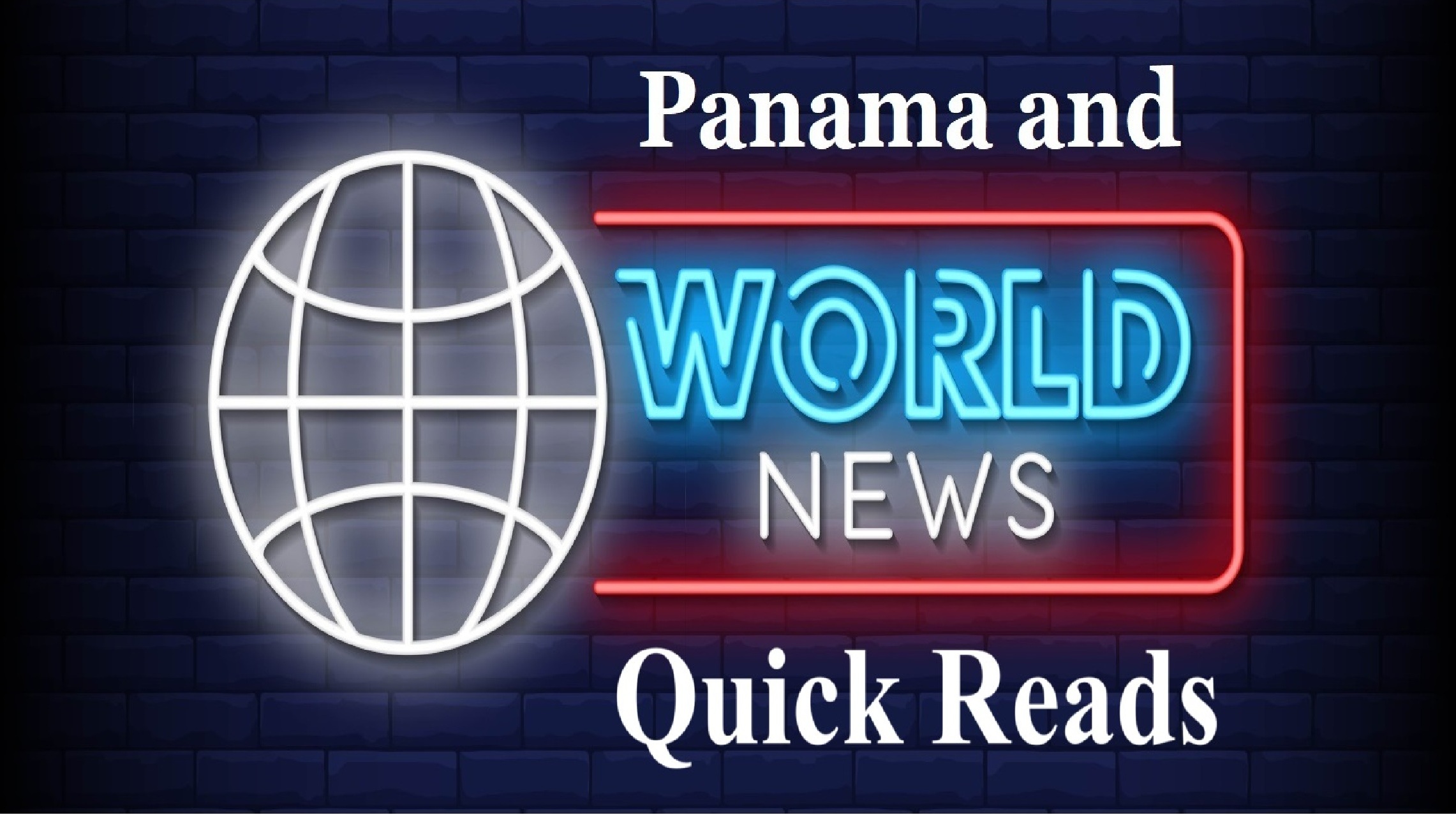Canada closes book on biggest fraudster after Panama death

CRIMINAL charges against a doctor who died in custody in Panama, and complained that he received no treatment for his terminal cancer, have been dropped by Canadian authorities, two years after his death.
Arthur Porter, was accused of committing what Quebec authorities described as the biggest corruption fraud in Canada’s history, although his crime was small potatoes when matched against some of the charges facing high rollers in Panama’s previous administration. have officially been abandoned
The closing of the case was announced on Friday Aug 4, when Crown prosecutor Nathalie Kleber said she filed Arthur Porter’s death certificate in court after receiving confirmation of its authenticity from authorities in Panama.
Porter died in 2015 after being detained at Canada’s behest in 2013. He was 59.
“This ends the judicial process against Dr. Porter,” Kleber told journalists at the Montreal courthouse.
She said it took so long to close the case against him because she only recently received confirmation of the death certificate from Panama.
Quebec’s anti-corruption unit accused Porter of accepting a $22.5-million bribe in connection with engineering firm SNC-Lavalin winning a $1.3-billion contract to build the McGill University Health Centre (MUHC) super hospital.
Spy boss
Porter was once highly regarded among Canada’s business and political elite and served as head of the MUHC as well as on the board of the independent agency that oversaw Canada’s spy services.
His death in Panama left lingering questions about the extradition process, and led to an investigation by the CBC, Canada’s national broadcasting company .
Hi a wife, Pamela Porter, pleaded guilty in late 2014 to two counts of laundering the proceeds of crime and was sentenced to 33 months for her role in the alleged bribery scandal connected to the super hospital project.
Porter and his wife were arrested in Panama during a stop-over flight from the Bahamas to the Cayman Islands. She returned to Canada to face trial, but he spent over two years in La Joya where he wrote a book, and assisted fellow prisoners with health problems.
Kleber said the charges against Porter’s other co-accused will remain, with the case set to resume Sep 27.
Porter, was arrested for his involvement in that scheme on May 27, 2013, in Panama and remained there until his death from lung cancer in the national cancer center.
The CBC questioned why he didn’t return to Canada to fight charges of fraud “Had he returned to Montreal, he could have been released on bail while awaiting trial and had better medical care available to him” said a report.
“Instead, he lingered for two years in arguably one of the world’s worst jails, stuck in a small unsanitary cell with several other inmates, treating himself with the latest chemotherapy drugs his daughters could bring to him.” said the CBC
Why did the highly intelligent, Cambidge University educated doctor languish for two years in Panama without getting any court dates to challenge his extradition to Canada?

Panama ignored its own extradition laws, and Canada did not press to have his case handled quickly. That seems curious, given that Porter was still a privy councillor. Former Prime Minister Stephen Harper had appointed him to the Security Intelligence Review Committee in 2008.
And what secrets did he take to his grave? He became chairman of SIRC before resigning in late 2011, so he was in a position to be aware of Canada’s spy secrets. and hinted to CBC News that he had much to tell that would make people in Ottawa uncomfortable.
When CBC News interviewed him in La Joya, he was coy. He had promised big scoops, and shed some insights, but ultimately kept his cards close to his chest, as if he still had some games to play.
H e answered questions about the kickbacks by saying he had a contract with SNC-Lavalin “for consulting and developing businesses in Africa” to explain the $11.25 million that went to Porter family accounts.
He wouldn’t, however, explain why authorities allege the other $11.25 million went to accounts controlled by a fellow MUHC executive.
As for not returning to Canada to face charges, he said he feared “being hung out to dry as a scapegoat for this — whether there are things that involve national security that would become an issue, whether I would be treated fairly, whether I would get a fair trial.”
In a long interview with the CBC Porter said that being left in limbo, unable to get to court to fight the extradition request, was “interesting.”
“If I was a conspiracy theorist, which of course I’m not, I would imagine there was a hand behind this — and it might be a Canadian hand.”
His Panamanian lawyer, Ricardo Bilonick Paredes, was more blunt. Canada was “allowed to do in Panama with the constitution and laws of Panama, wat they could not do in Canada,” he told CBC News.
“If you deny him [his day in court, knowing he has cancer], you might think he would die in the process.”
As for bringing the extradition process to a resolution, Paredes said, “they did not show any interest.”
Sources in Canada told CBC News that the federal government had little interest in getting Porter back. The CBC investigation produced no answers as to who else was involved in the scandal.





